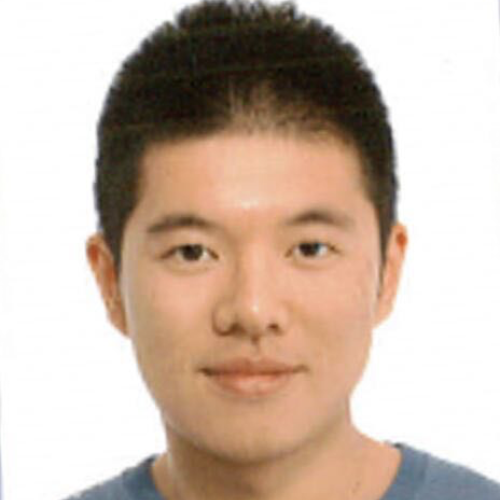Members of Associate Professor Dong Wang's research group, the Social Sensing Lab, presented their research at the 31st International Joint Conference on Artificial Intelligence and the 25th European Conference on Artificial Intelligence (IJCAI-ECAI 2022). The conference, which brings together AI researchers from around the world, was held in Vienna, Austria, from July 23-29.
PhD student Huimin Zeng presented the paper "On Attacking Out-Domain Uncertainty Estimation in Deep Neural Networks," which he coauthored with Wang. In the paper, the researchers examine the vulnerability of uncertainty estimation in AI models. For instance, in the case of an autonomous car, a malicious adversary could try to fool the car’s AI module into believing a driving situation is not ambiguous, leading the module to make an over-confident and wrong prediction in a "stop-or-proceed" situation. According to the researchers, experimental results on various benchmark image datasets show that the uncertainty estimated by state-of-the-art methods could be easily corrupted by an attack where an "outsider" wants to break into the decision process of AI models.
Informatics PhD student Zhenrui Yue presented the paper, "A Human-AI Interactive Approach Towards Natural Language Explanation based COVID-19 Misinformation Detection," which he coauthored with Wang. To identify COVID-19 misleading posts on social media, the researchers developed a human-AI framework where the reasoning ability of freelance workers on online crowdsourcing platforms is utilized along with the professional knowledge of COVID articles. They find that their framework outperforms existing misinformation detection models in both explainability and detection accuracy.

